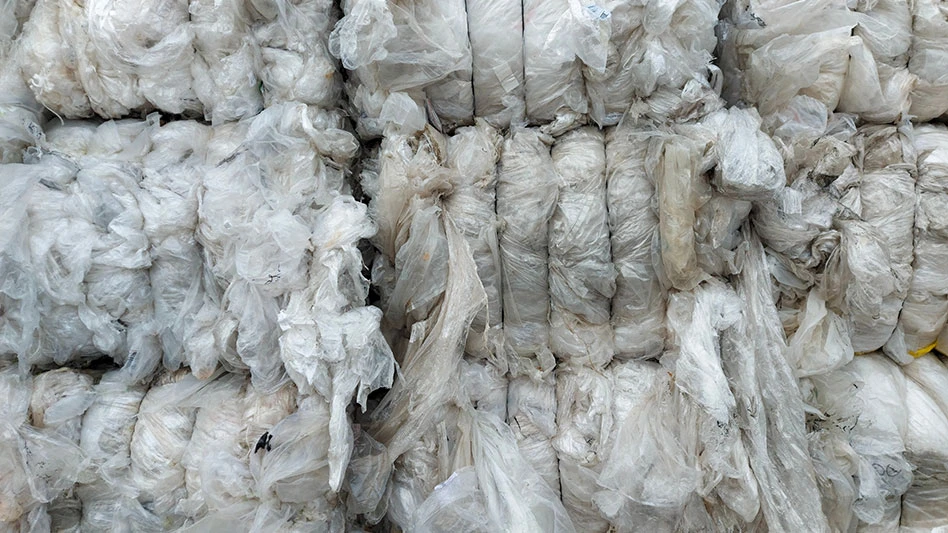
Image provided by Dreamstime.
Weekly steel production figures from the Washington-based American Iron and Steel Institute (AISI) are pointing to a slight slowdown in output in late October and early November.
In the week ending Nov. 6, domestic raw steel production in the United States of 1.84 million tons was down 1 percent from the previous week ending Oct. 30, when production checked in at 1.86 million tons.
The dip in production continues a trend that started the week ending Oct. 23 of this year, when there was a 0.6 percent drop from the previous week. That was followed by another 0.5 percent drop in the week ending Oct. 30.
During the three week-span, weekly output in the U.S. has dropped by 2.18 percent. The mill capacity rate during that span, as measured by AISI’s capability utilization rate, has dropped from 85.3 percent Oct. 16 to 83.4 percent Nov. 6.
Although steel prices in some parts of the world have slid backward, prices in the U.S. seem not to have been affected by the slight output drop. Published reports also indicate ferrous scrap prices will rise in the early November buying period in the U.S. Midwest.
A scrap processor tells Recycling Today the peddler flows into his yards have been “pretty steady,” while another says “supplies have met demand,” with factory-generated prime grades at times being an exception.
The slight tapering of U.S. mill output may be offset in part by steady (and at times robust) overseas demand for scrap. A processor on the East Coast says buyers there are paying nearly $500 per ton for containerized shred. Metals information services provider Davis Index says offers from Turkey have been lackluster in early November, but buyers in that nation and the Indian subcontinent placed steady orders in the second half of October.
Political events may play a role in American steel output moving forward, pertaining to an agreement to allow some European steel into the U.S. tariff-free and the long-awaited passage of an infrastructure spending bill.
AISI has expressed approval of both political moves, thanking Biden Administration officials for the agreement with the EU, saying it will help ensure that the U.S. can “work to develop a renewed partnership with the EU to address global steel excess capacity.” AISI also says the infrastructure bill will eventually boost demand for U.S.-made steel.
Latest from Recycling Today
- CalRecycle opens comment period on proposed SB 54 revisions
- 2026 Circular Steel Summit: Taking stock of tariffs
- CDRA Conference & Tradeshow 2026: Addressing battery fire risks
- Darda equipment now available in North America
- Struktol's ZB 47 and ZB 49 improve processability in rubber compounds
- Volatility wave hits copper pricing
- ArcelorMittal legal battle with Italy continues
- Altor program boosts EPS recycling





